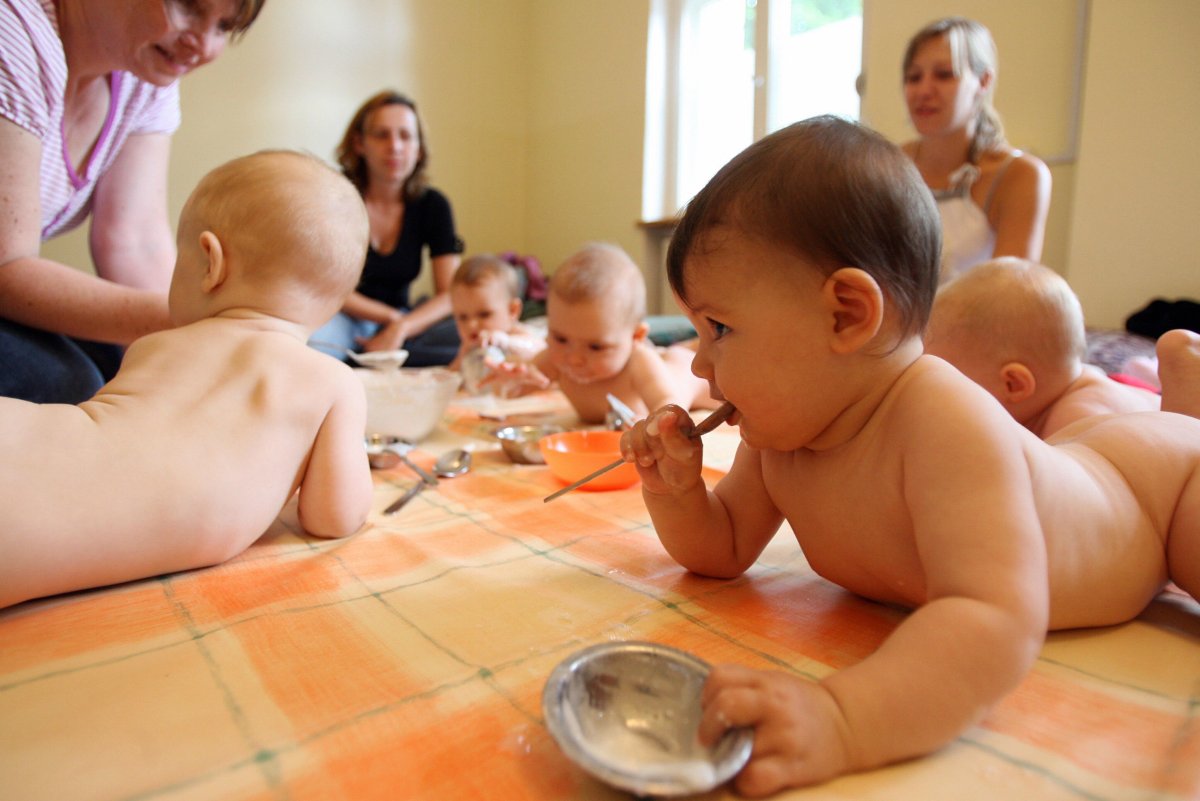Canada’s obesity epidemic is impacting children more than researchers previously thought. According to a new study, one in four 18-month-olds are already overweight, obese or at risk of becoming overweight.

Because previous monitoring and surveillance of childhood obesity already exists for kids over the age of five, this study done by researchers at Queen’s University may provide the very first look at the weight of children under the age of two.
Researchers reviewed data from all height and weight records of over 8,200 children less than 20 years of age between 2004 and 2013 from three Ontario primary care research networks – a sample size four times larger than the national survey sample used by Statistics Canada.
READ MORE: Cookies or chips? Your toddler’s food choice could predict weight gain later in life
Using body mass index (BMI)-for-age and growth standards for weight-for-length by the World Health Organization (WHO), researchers were also able to determine that over 28 per cent of children between five and 19 years of age were overweight or obese.
While this number is smaller than the 32 per cent previously reported by Statistics Canada, researchers believe the discrepancy is because their sample was taken from primary care providers as opposed to the general population. The researchers add when parents report the height and weight measurements of their children, they often underestimate their calculations. The best way to get consistent data then is through the child’s primary care physicians.
Although the study does not offer reasons as to why more young children are becoming overweight or obese, Dr. Mark Tremblay, director of the healthy active living and obesity research group at the Children’s Hospital of Eastern Ontario (CHEO), speculates it could be a mixture of factors.
Exercise and healthy eating habits are important (even for young toddlers), he says.
Parental reliance on the conveniences of pre-packaged foods is also having an effect, especially since many packaged foods contain low fibre and have high salt, sugar and fat content.
“We should be paying attention to this for sure,” Tremblay says. “The focus should be on healthy living behaviours – the way they sleep, how much screen time they have, are they eating healthy. These are the basics that are going to keep a child healthy and if practiced, the obesity problem is going to take care of itself.”
READ MORE: Time to eliminate treats in schools: health experts
- Canadian man dies during Texas Ironman event. His widow wants answers as to why
- Invasive strep: ‘Don’t wait’ to seek care, N.S. woman warns on long road to recovery
- ‘Super lice’ are becoming more resistant to chemical shampoos. What to use instead
- Canadians more likely to eat food past best-before date. What are the risks?
But obesity in young children may start even earlier as eating habits are thought to be developed in the womb, Tremblay says.
One study out of the Monell Chemical Senses Center in Philadelphia found that babies born to mothers who ate a diverse diet while pregnant are more likely to have babies who enjoy a wider range of food and develop better eating habits throughout life, as reported by NPR.
“I think we’re seeing a deterioration in our lifestyles and it’s sort of stacking that cards – to a small degree – against that newborn baby,” says Tremblay. “Because of this biological transference from mom and dad, because of the way we behave and the processed things that we give to (babies) in increasing proportions – those are all setting them off on a trajectory that may be worse.”
According to the Childhood Obesity Foundation, unhealthy weights in children can cause serious medical and long-term health issues that range from type 2 diabetes, liver disease, respiratory problems, high blood pressure and more.





Comments